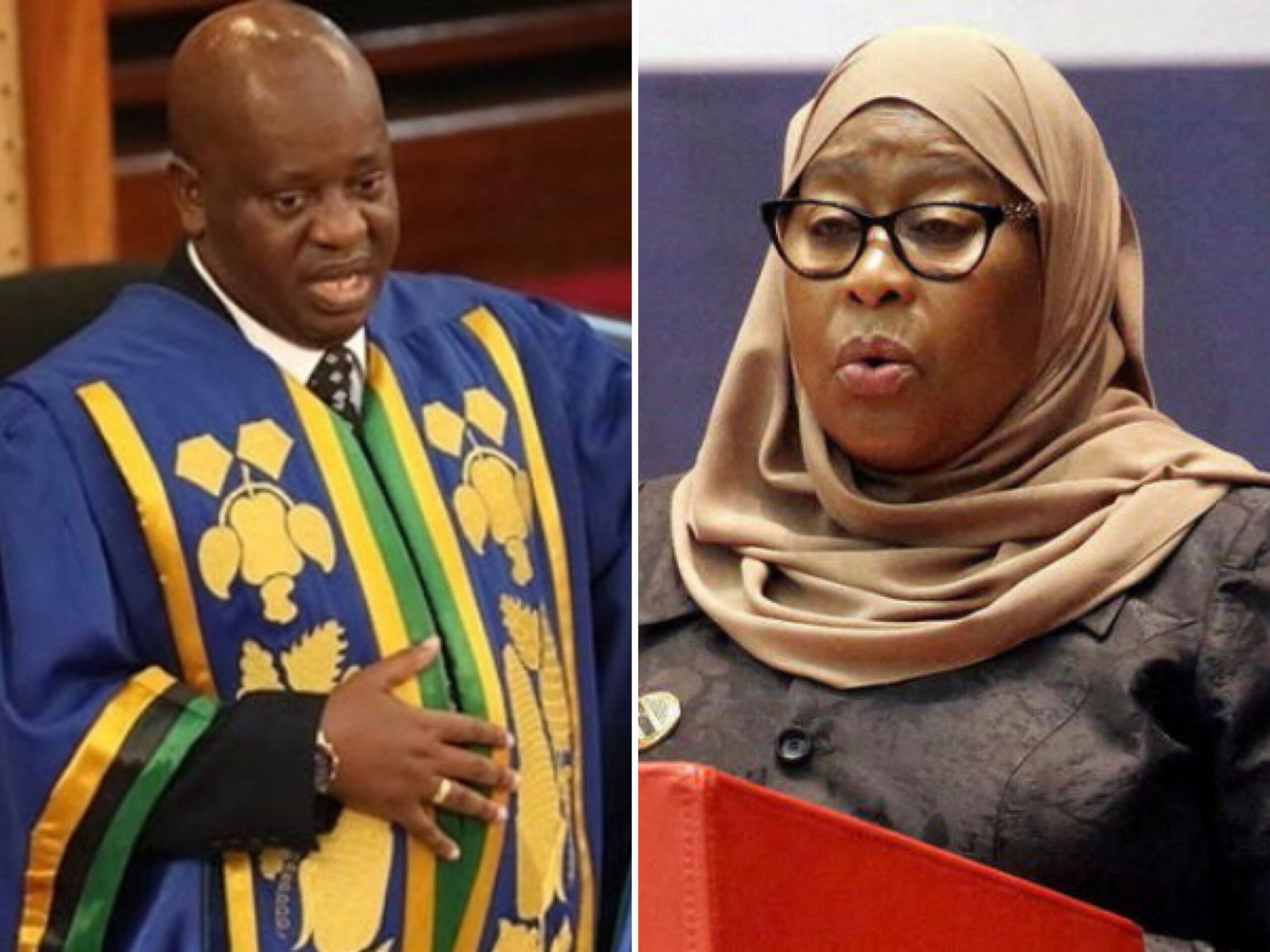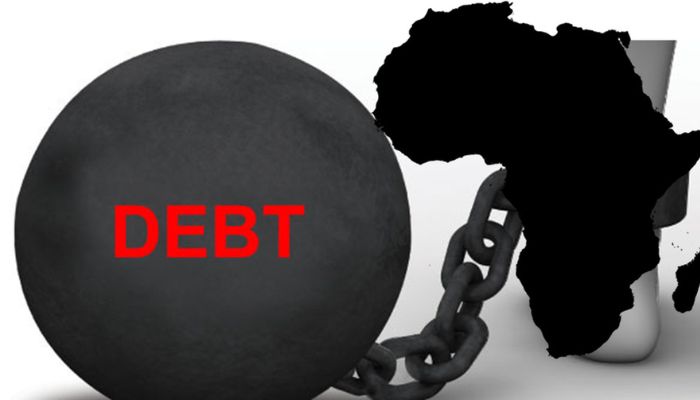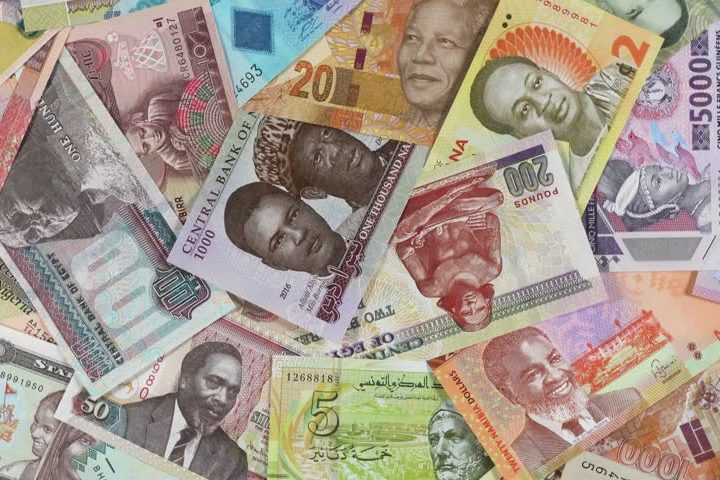The government of Tanzania, the African Development Bank (AfDB), and the French Development Agency (AFD) have signed agreements for two development project loans worth $300 million.
The funds will finance the construction of the 87.8-megawatt Kakono Hydropower Plant located in Kagera region in the northern part of Tanzania. The project also received a grant of EURO 36 million from the European Union.
Join our WhatsApp ChannelTanzania is dependent on hydropower and thermal power plants—mainly gas-fired—for its electricity supply. However, it has considerable untapped renewable energy potential to meet its rapid growth while taking a low-carbon path.

A coalition of development partners are financing the Kakono Hydropower Project, intended to increase renewable generation capacity and reduce hydrological risk via a dam located on a new watershed that is less affected by droughts. The signing ceremony took place on the 15th of March 2023 in Dar es Salaam.
READ ALSO: AfDB To Spend $1m On Modernising Africa’s Aging Hydropower Stations
The Kakono Hydropower Plant is the result of close collaboration between the African Development Bank, Agence francaise de developpement, and the European Union. These institutions are co-financing this project with a $ 161.47 million African Development Bank soft loan, a EURO 110 million soft loan from French Development Agency, and EURO 36 million grant from the European Union.
The Kakono Hydropower Project which will be implemented by Tanzania’s Electric Supply Company (TANESCO), will reduce greenhouse gas emissions by 216,065 metric tons per year, and comply with the best international environmental and social standards.
The project will serve 4 million people and increase the service coverage rate by around 7% of the population. It is expected to have a major impact on the economic development of this rapidly growing zone, which lies at the heart of the Great Lakes region. This project will boost industrialization and spur economic growth in Tanzania and the neighboring countries and will strengthen Tanzania’s leading position within the East African Community.
Alongside construction of the new hydropower plant, there will also be associated infrastructure built, including the upgrading of the existing Kyaka substation and a new 39-kilometer 220-kilovolt transmission line, and capacity building support for TANESCO.
Following the ceremony participants expressed their support for the project.
African Development Bank Country Manager for Tanzania, Patricia Laverley, observed that when completed, the Kakono Hydropower Plant would serve approximately four million people, small-medium enterprises, and mining companies in the northwestern part of the country.
She added: “The construction of the new power plant will help to improve TANESCO’s financial sustainability arising from the decommissioning of the diesel-based power plants in the Kagera Region. The economic benefits derived from the supply of affordable power will be immense. We can expect to see marked improvement in the quality of life for people in the Kagera region and in Tanzania more broadly. These tremendous gains will contribute to building a more competitive economy in Tanzania, under the leadership of President Samia Suluhu Hassan.”
Ambassador Nabil Hajlaoui said: “We have heard President Samia Suluhu’s message. She aims to generate 5 gigawatts of electricity by 2025. France is ready to be part of this journey by investing in power generation and transmission projects to meet the rapidly growing electricity demand, while reducing the carbon intensity of its energy mix.”
AFD Country Director Celine Robert noted: “We are delighted with the signing of this project, which is fully in line with international climate objectives and AFD’s strong commitments in that regard. This investment will have major impact on economic development and on population well-being as the infrastructure will answer the power needs of 3 to 4 million people. This signing represents an important milestone and confirms that the cooperation between Government and AFD is deepening.”



















Follow Us